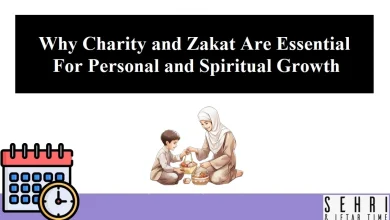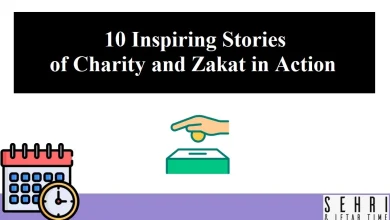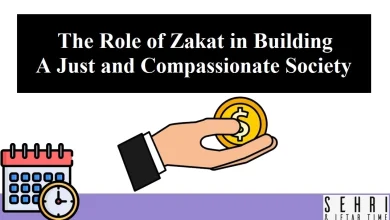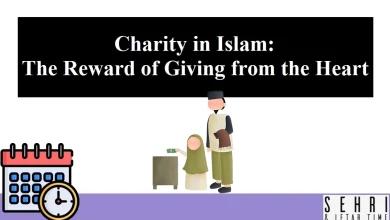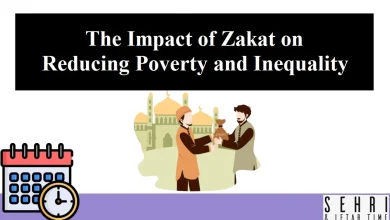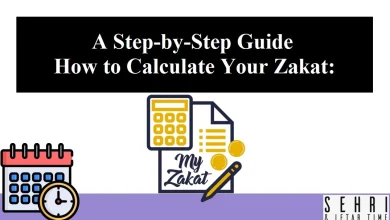How Zakat Transforms Communities: A Guide to Giving Back
How Zakat Transforms Communities: A Guides to Giving Back
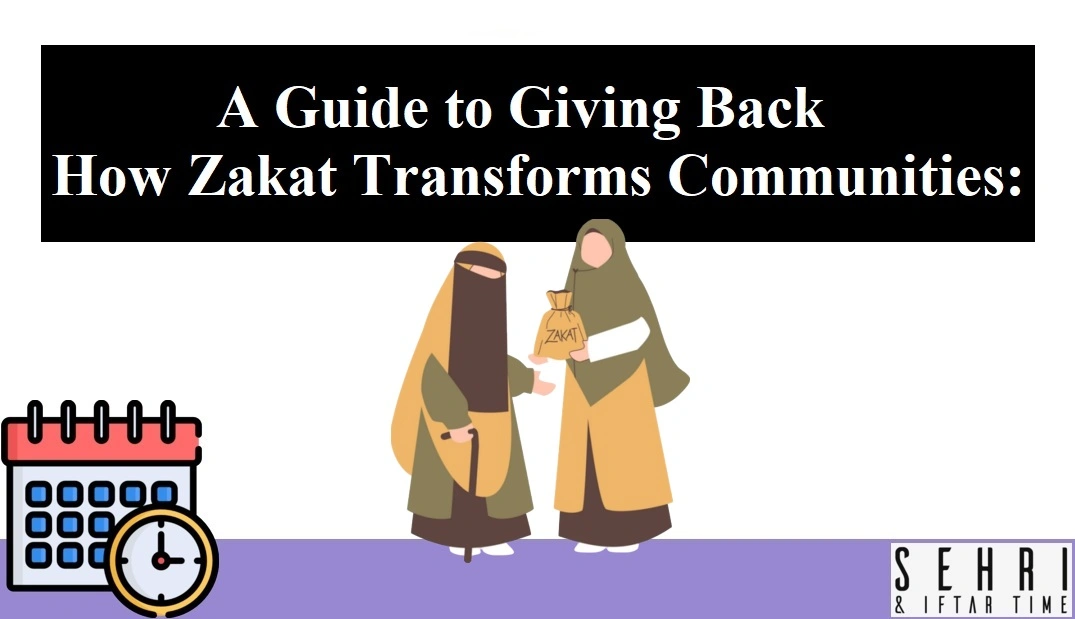
How Zakat Transforms Communities: A Guide to Giving Back: Zakat, one of the Five Pillars of Islam, is more than a religious duty—it is a transformative force that uplifts individuals and strengthens communities. By giving 2.5% of their surplus wealth annually, Muslims play an active role in alleviating poverty, reducing inequality, and fostering social cohesion. Beyond its spiritual significance, Zakat is a practical mechanism for building a just and compassionate society.
The Philosophy Behind Zakat
At its core, Zakat is an act of worship that purifies the soul and wealth. The term “Zakat” itself means purification and growth, signifying that giving leads to the spiritual and material enrichment of both the giver and the recipient. By fulfilling this obligation, Muslims acknowledge that their wealth is a trust from Allah, and they demonstrate gratitude by sharing it with those in need.
The Quran emphasizes the importance of Zakat repeatedly, highlighting its role in creating a balanced and equitable society. As Allah states:
“Take from their wealth a charity by which you purify them and cause them to grow.” (Surah At-Tawbah 9:103)
The Impact of Zakat on Communities
When implemented effectively, Zakat has the power to address some of the most pressing issues facing communities, from poverty and hunger to education and healthcare. Here are several ways in which Zakat transforms societies:
1. Alleviating Poverty
Zakat serves as a lifeline for the poor and needy, providing them with the resources to meet their basic needs. These funds can be used for essentials such as food, clothing, and shelter, ensuring that vulnerable individuals have a chance to live with dignity. By addressing immediate financial hardships, Zakat helps break the cycle of poverty.
2. Empowering Individuals Through Education
Education is a powerful tool for social mobility, and Zakat can play a pivotal role in funding educational initiatives. By covering tuition fees, purchasing school supplies, or building educational facilities, Zakat empowers individuals with the knowledge and skills they need to create a brighter future for themselves and their families.
3. Improving Healthcare Access
Many communities lack access to adequate healthcare services due to financial constraints. Zakat contributions can fund medical treatments, purchase essential medications, and establish healthcare centers in underserved areas. This not only improves the well-being of individuals but also contributes to the overall health of the community.
4. Fostering Economic Development
Zakat can be used to provide small business loans or vocational training, enabling individuals to start or grow their businesses. This creates job opportunities, reduces dependence on external aid, and stimulates economic activity within the community.
5. Strengthening Social Bonds
One of the most beautiful aspects of Zakat is its ability to foster a sense of unity and solidarity. By redistributing wealth, Zakat bridges the gap between different socio-economic groups, creating a more cohesive and harmonious society. The act of giving also instills empathy and compassion, strengthening relationships within the community.
Practical Tips for Giving Zakat
To ensure that your Zakat has the greatest possible impact, consider the following tips:
1. Understand the Rules of Zakat
Familiarize yourself with the rules and calculations of Zakat to ensure that you fulfill your obligation correctly. This includes understanding the Nisab (minimum threshold of wealth) and identifying eligible recipients, such as the poor, the needy, and those in debt.
2. Support Reputable Organizations
Many charitable organizations specialize in collecting and distributing Zakat. Choose reputable organizations that prioritize transparency and align with Islamic principles. Look for organizations with a proven track record of delivering impactful programs.
3. Focus on Sustainable Initiatives
While providing immediate relief is important, consider supporting initiatives that have long-term benefits, such as education, vocational training, or microfinance programs. These projects empower recipients to become self-sufficient and contribute positively to their communities.
4. Engage with Your Local Community
Zakat is not limited to international causes. Many local communities have individuals and families in need. By engaging with your local community, you can directly witness the impact of your contributions and build stronger relationships with those around you.
Stories of Transformation Through Zakat
The transformative power of Zakat is best illustrated through real-life stories. Consider the example of a struggling single mother who used Zakat funds to complete her education, secure a stable job, and provide for her children. Or the case of a village that received Zakat contributions to build a clean water well, drastically improving the health and quality of life for its residents.
These stories remind us that Zakat is not just about giving; it’s about creating opportunities, restoring hope, and building a better future for all.
The Spiritual Rewards of Zakat
Beyond its social impact, Zakat is a means of drawing closer to Allah and earning His blessings. The Quran promises immense rewards for those who give generously:
“The example of those who spend their wealth in the way of Allah is like a seed [of grain] that grows seven spikes; in every spike is a hundred grains. And Allah multiplies [His reward] for whom He wills.” (Surah Al-Baqarah 2:261)
By fulfilling the obligation of Zakat, Muslims not only purify their wealth but also secure their place among the righteous. The act of giving instills a sense of gratitude, humility, and trust in Allah’s divine wisdom.
Conclusion
Zakat is a powerful tool for transforming communities, alleviating poverty, and fostering social justice. Its benefits extend beyond financial aid, touching the hearts and souls of both the giver and the recipient. By fulfilling this obligation with sincerity and purpose, Muslims can create a ripple effect of positive change, building a society rooted in compassion, equity, and faith.
Let us embrace the spirit of Zakat and use it as a means to bring hope, opportunity, and dignity to those in need. Together, we can create a world where no one is left behind, and everyone has the chance to thrive.
